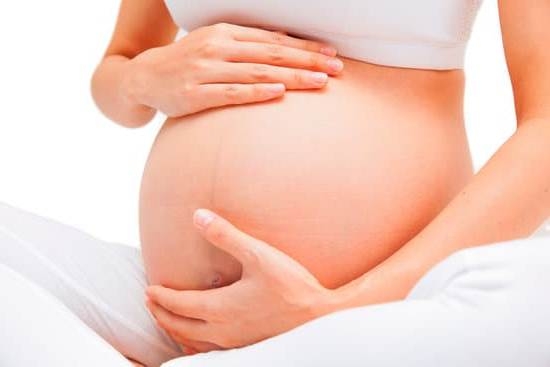Understanding the Impact of Alcohol During Pregnancy
Alcohol can have detrimental and long-lasting effects on a fetus, making it critical for pregnant women or women of reproductive age to understand the health consequences of drinking alcohol. This means that pregnant women should abstain completely from alcohol intake during their pregnancy.
What Happens When a Fetus is Exposed to Alcohol?
When a pregnant woman consumes alcohol, it is transported through the placenta, exposing the fetus to the same levels of alcohol in the mother’s bloodstream. The developing fetus—whose body is not fully capable of metabolizing alcohol—is left exposed to its adverse effects.
The effects of alcohol on a fetus can vary, but the primary concern is Fetal Alcohol Spectrum Disorder (FASD). This disorder, associated with impaired physical and mental development, can result in an array of issues, including:
- low birth weight
- facial abnormalities
- growth deficiency
- intellectual and developmental disabilities
- organ, bone, and muscle defects
- behavioral and learning issues
Evidence-Based Recommendations on Alcohol During Pregnancy
According to the Centers for Disease Control and Prevention (CDC), there is no safe amount of alcohol intake during pregnancy. Therefore, the organization recommends that pregnant women completely abstain from alcoholic beverages.
This recommendation is supported by a long list of medical and health organizations, including the American Academy of Pediatrics, the American College of Obstetricians and Gynecologists, the World Health Organization, and the American Medical Association.
Helping Women Abstain from Alcohol During Pregnancy
The importance of abstaining from alcohol has been emphasized more in recent times. Still, it is important to provide more support and resources to pregnant women so they can easily access assistance should they feel the pressure to consume alcohol.
Organizations can help by providing awareness material and tips on how to cope and resist the peer pressure to drink alcohol if they attend any kind of social event. Medical professionals can assist pregnant women by actively monitoring their alcohol intake throughout their pregnancy and providing any additional support they may need.
Conclusion
The recommendation on alcohol intake during pregnancy is clear: women of reproductive age should abstain completely from alcoholic beverages during their pregnancy to avoid any long-term consequences for the fetus. This recommendation is supported by medical organizations, and organizations and medical professionals can assist pregnant women by providing resources and encouraging a healthy pregnancy.

Welcome to my fertility blog. This is a space where I will be sharing my experiences as I navigate through the world of fertility treatments, as well as provide information and resources about fertility and pregnancy.





